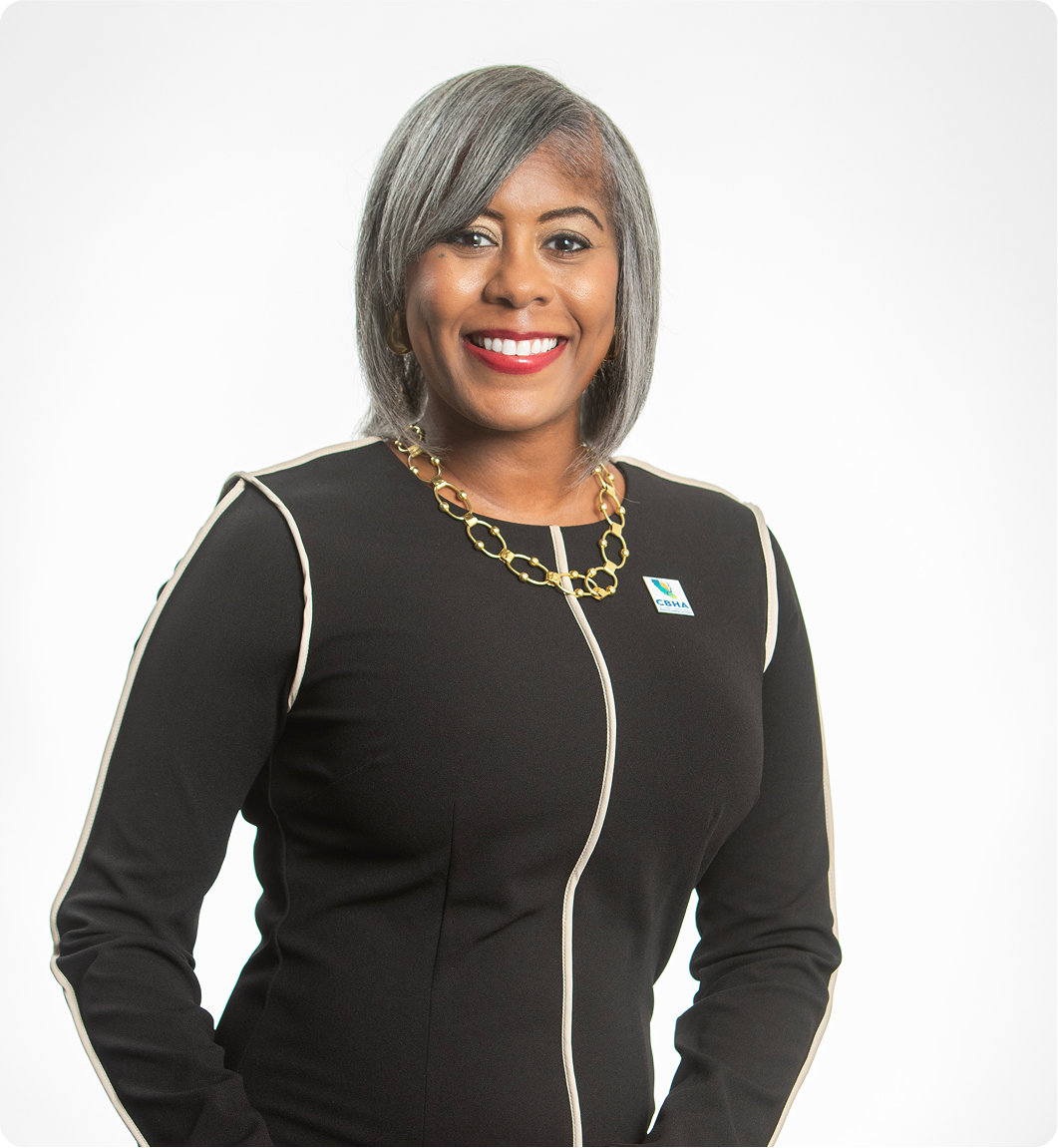Interview recorded on August 8, 2025
The Human Story Behind the Advocacy
Dr. Le Ondra Clark Harvey’s path to becoming CEO of the California Behavioral Health Association wasn't planned—it was called forth by necessity. "I'm a clinician at heart," she reflects, describing how her work with disenfranchised populations as a practicing psychologist evolved into a powerful policy journey.
What makes Clark Harvey’s perspective unique is her lived experience on both sides of the healthcare system. As a recent breast cancer survivor, she witnessed firsthand the stark contrast between physical and behavioral health care. "I got my diagnosis. I was rushed right in. I was given options... there weren't stumbling blocks on payment," she recalls of her cancer treatment. This personal experience only reinforced what she already knew professionally: behavioral health care operates in a completely different—and often disadvantaged—reality.
Today, Dr. Clark Harvey leads California's most diverse behavioral health association, representing providers across every region of the state. From housing services to 988 crisis centers, from community health centers to mobile crisis teams, her members serve the entire lifespan—"from prenatal care all the way to end of life."
The Challenge: A System in Fragments
The conversation reveals a sobering truth about mental health care access. While someone with a physical ailment can often receive immediate attention, those struggling with depression, anxiety, or psychosis may wait months just to see a provider. Even more troubling: the diagnostic criteria for conditions like schizophrenia require a six-month waiting period before an official diagnosis can be made.
Clark Harvey identifies the root cause: "The fragmented system of care that we have here." Despite California's county-based approach and well-intentioned partnerships, the lack of coordination creates inefficiencies that ultimately harm those who need help most.
"We still are missing the mark," she explains. "There's so much that can happen. There's much efficiency that could happen that's low-hanging fruit, yet we really get stuck there."
A Vision for the Future
Dr. Clark Harvey’s vision extends beyond California's borders. She sees the innovations happening in her state—from Proposition 63's millionaire's tax funding mental health services to the groundbreaking CARE Act—as models for national transformation.
The path forward requires what she calls "laying down some of the silos" and "sharing expertise in a really open way and an intentional way to help people get better." It's about moving beyond professional turf wars to focus on what truly matters: ensuring that someone experiencing a mental health crisis receives the same urgent, coordinated care as someone having a heart attack.
"We have to figure out how to work together now, so that we can serve the people who need it the most," Clark Harvey emphasizes. Because in the end, transforming mental health care isn't just about changing policies or increasing funding—it's about changing how we see each other as professionals and how we show up for the communities we serve.
















